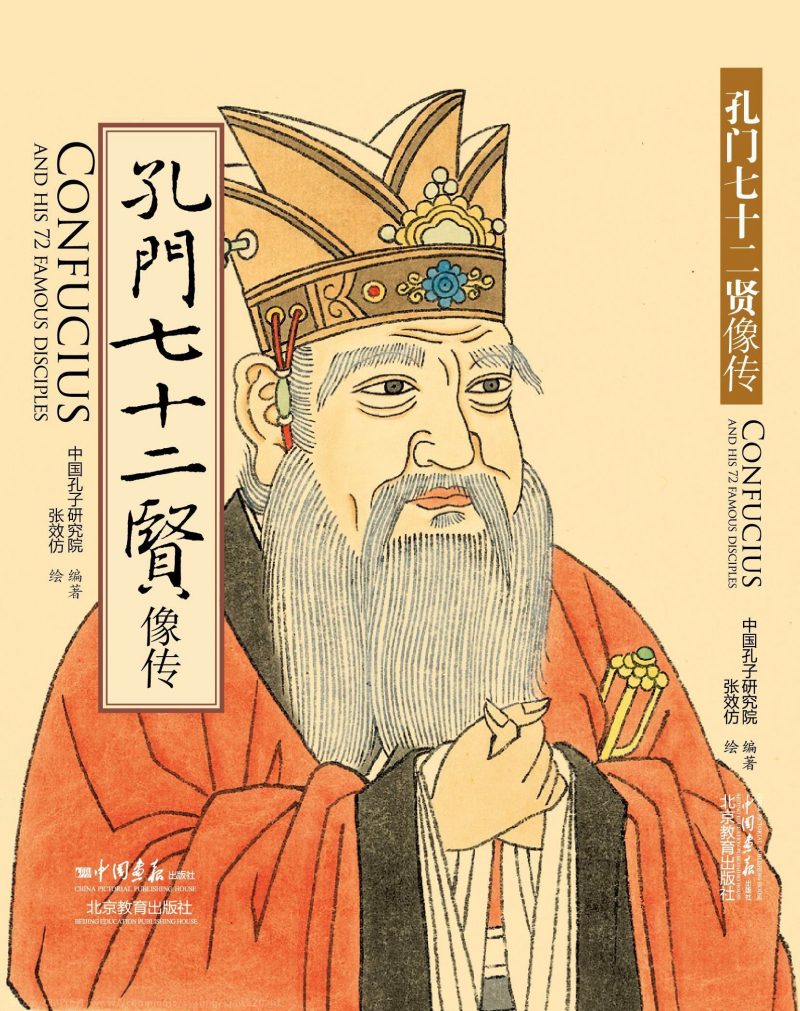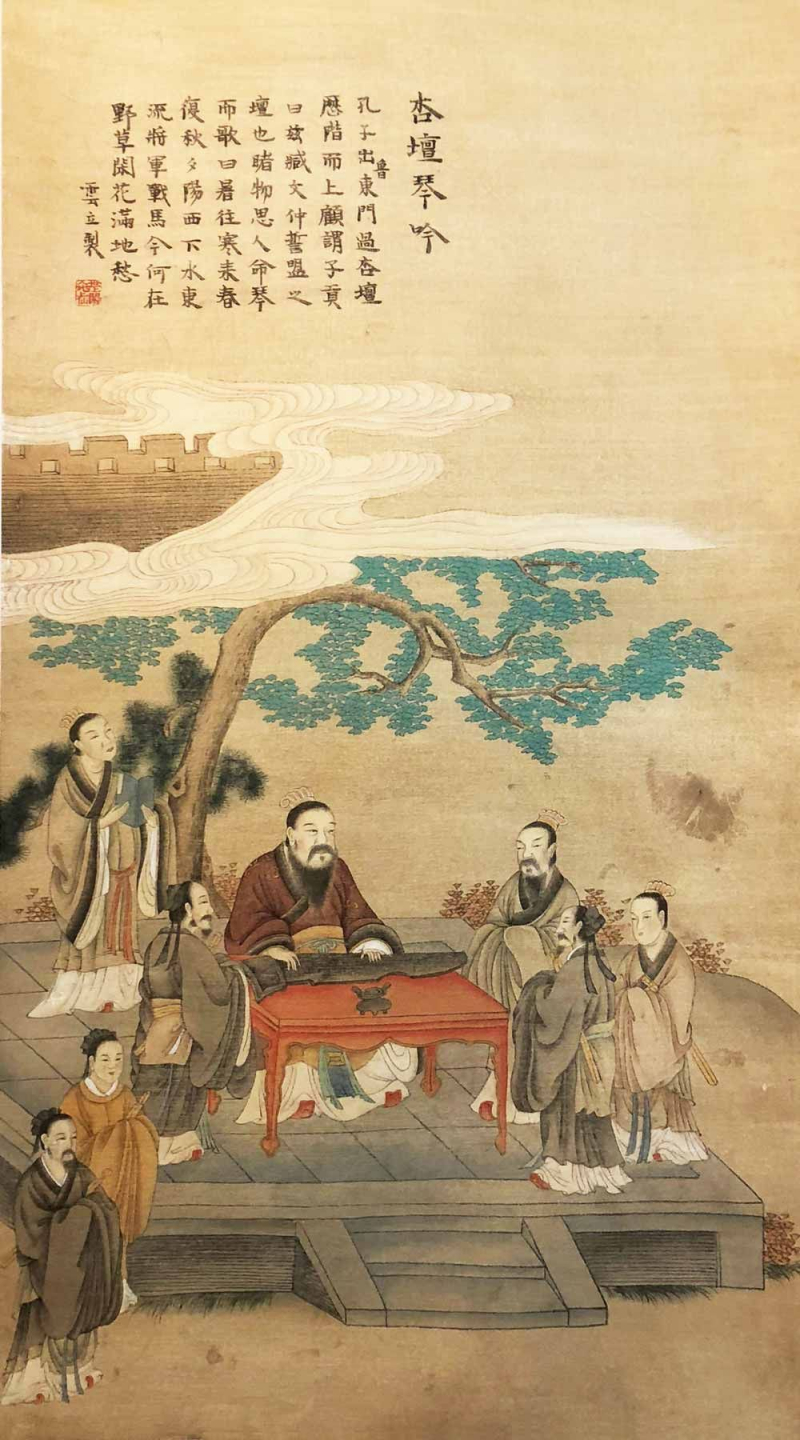The Main Beliefs of Confucianism
Confucius was best known in China for providing moral counsel to the country's leaders. He wrote extensively, mostly about individual morality and ethics, as well as the world's rulers' proper use of political power. Confucianism is believed to have 6.3 million adherents worldwide, most of whom live in China and Korea. There is debate over whether Confucianism is a religion or a practice to improve one's mind, body, and soul.
Confucianism struggled initially, but it eventually became the official religion of the Han Dynasty and many subsequent dynasties, including the Tang and Song Dynasties of the Medieval Era. Confucianism has a solid spiritual foundation, namely the Chinese belief in Tian, heaven, or impersonal godliness.
Confucian core beliefs and values were critical to the success of the more significant state, as Confucius proposed that the state's hierarchy is analogous to the order of a family. Confucianism is divided into six main groups of beliefs, which are as follows:
- Yi - means "Righteousness"
- Xin - means "Honesty and dependability"
- Chung - means "State loyalty", and so on
- Li - means "Ritual", "Propriety", "Etiquette", and so on
- Hsiao - means "Love within the family", "Parental love for their children" and "Child love for their parents"
- Ren - means "Kindness", "Humanity toward one another"
The most critical Confucianism virtue is "Ren," equivalent to love, mercy, and humanity. Ren, translated as love or kindness, is the source of all virtues. Confucius best explains it when he says, "Do not do to others what you do not want done to yourself".
The Chinese character represents the relationship between "two persons", or co-humanity - the ability to coexist humanely rather than scrapping like birds or beasts. Ren prevents ritual forms from becoming hollow; a ritual performed with ren has both state and ethical content; it nurtures the person's inner character and advances their moral maturation.
Confucianism's beliefs have a top-down structure. Confucianism is primarily concerned with the proper functioning of the state (remember that Confucius taught during a turbulent political setting in Chinese history). Confucianism's central society-level belief is that society is structured similarly to a traditional Chinese family, with a patriarch at the top and children beneath him. Confucius advocated adherence to tradition, particularly within the family structure, to prevent constant rebellions and war.
In this sense, Confucian belief encourages self-improvement, education, filial piety, conforming to one's proper role, and cultivating harmony by pursuing these principles. The Golden Rule is the most well-known Confucian belief: treat others the way you want to be treated (or don't treat others the way you don't want to be treated). Respecting one's parents and venerating ancestors inspired lawfulness, order, and loyalty, whereas continuous capital punishment only inspired fear.
Thus, if Confucianism's "outer" side was conformity and social role acceptance, the "inner" side was the cultivation of conscience and character. Cultivation requires extensive education as well as introspection on one's actions. It took a lifetime commitment to character development to carve and polish the stone of one's character until it was a gleaming gem.












